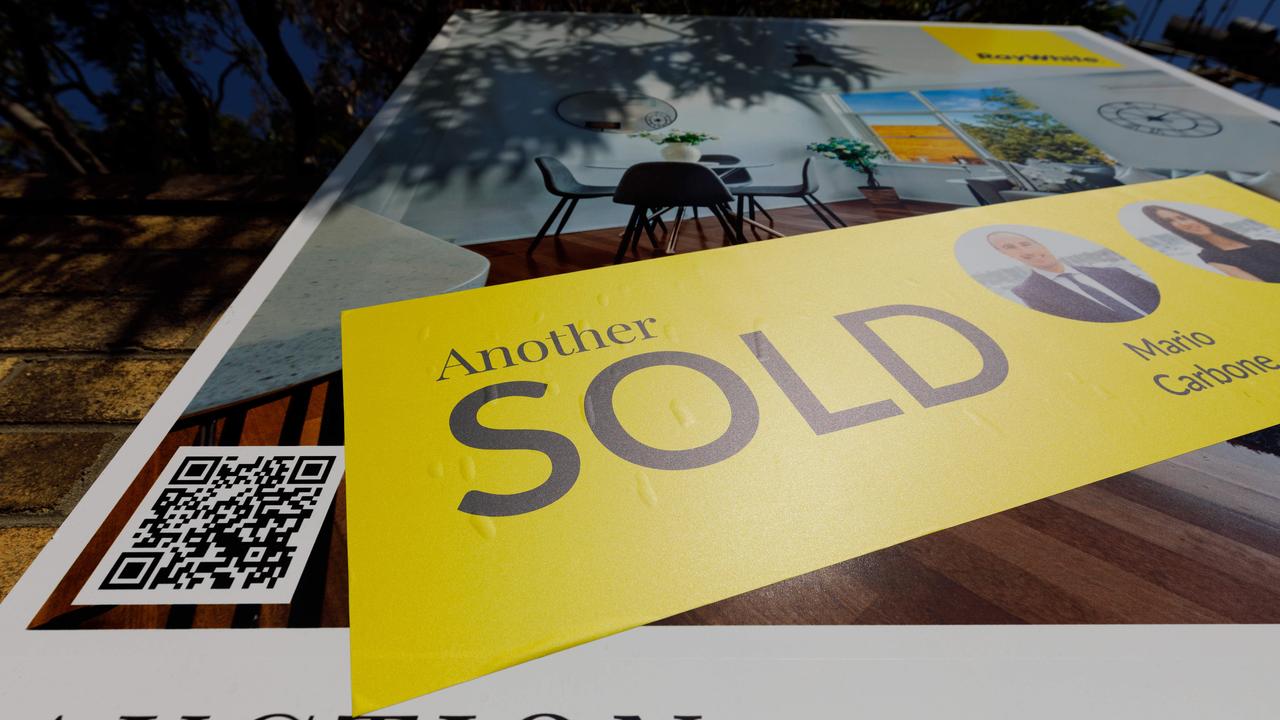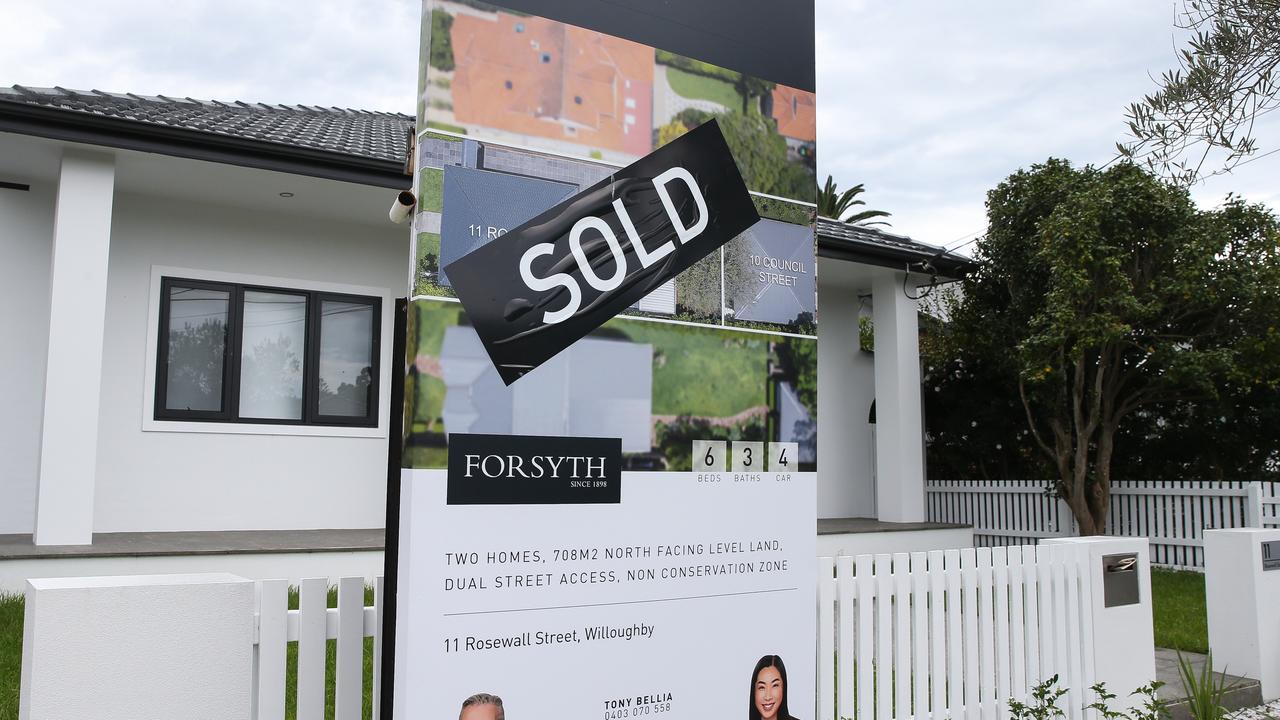Newspoll: Scott Morrison, Anthony Albanese neck-and-neck for better PM
The final Newspoll of the campaign puts Labor on course to win the election, with many Australians still undecided on who will make the better leader.
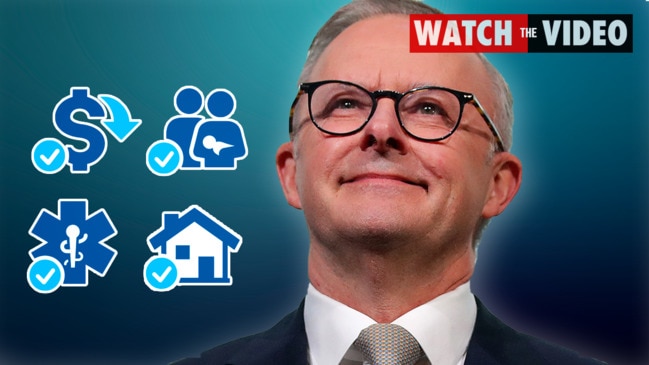
Federal Election
Don't miss out on the headlines from Federal Election. Followed categories will be added to My News.
Both major parties are heading to the polls with Australians undecided who would make a better prime minister, according to an election-eve poll.
Scott Morrison’s popularity dropped a point from 43 per cent to 42 per cent while Anthony Albanese remained at 42 per cent, according to the final Newspoll of the campaign.
The poll also revealed Labor’s primary vote has dropped two points over the past week to 36 per cent, while the Coalition’s primary vote has stayed at 35 per cent.
Without a late swing to the Coalition, Labor is on course to win the election with a two-party-preferred lead of 53-47.
The Newspoll shows a primary vote swing of 6.4 per cent against the government since the last election and a 4.5 per cent swing on a two party preferred vote.
A record 29 per cent of voters said they planned to vote for anyone but the Coalition or Labor.
Primary support for the Greens is up from 11 per cent to 12 per cent – nearly a point higher than its last election result.
Pauline Hanson’s One Nation enters the weekend with a primary vote of five per cent, a fall of one point on last week’s Newspoll, while Clive Palmer’s United Australia Party also fell a point to three per cent.
Support for independents and other minor parties increased two points to nine per cent.
POLLS: WHICH ONE WILL GET IT RIGHT?
They got it wrong in 2019, and Australia’s polling companies know their own reputations – and that of the industry itself – are on the line in Saturday’s federal election.
Australian pollsters uniformly predicted a victory for Bill Shorten at the last election, with a subsequent inquiry by the Association of Market and Social Research Organisations finding their errors were caused by over-representing politically engaged and better educated voters in their samples.
Three years on, many of the research companies say they have changed their approach and can be trusted to get it right, but with their polls predicting quite different outcomes, it’s clear not all of them are actually correct.
Dr Campbell White from YouGov said the company “went back to basics” after 2019, and getting it wrong then “provided us an opportunity to modernise the way Newspoll was done”.
“The poll was previously a mix of robopolls and online data, and we shifted the methodology to a purely online basis … and we are able to better represent the population through that method ” Dr White said.
Since then the company has published polls for the Queensland, WA and SA state elections, he said, and accuracy had improved each time.
“[The] South Australia [poll] was very accurate indeed, so we have confidence in what we’re doing has been tested. We’re quietly confident it’s going to produce much better numbers this time around.”


Jessica Elgood from Ipsos said they had also changed methodology – their surveys are now based on 20 per cent telephone calls and 80 per cent online – and they’ve also changed how they “weight” their respondents.
“We have new weighting targets, informed by very high quality census data, and those have been updated to take better account of sample bias,” Ms Elgood said.
Ipsos are now also reporting their data in a different way, including a “two party preferred plus” option, recognising the fact that some people who are undecided remain that way until the moment they cast their ballot.
Polling company Essential were the first to introduce the concept of “two-party-preferred plus”, but Ms Elgood said Ipsos quickly decided to offer something similar.
“We sat back and watched and thought what a brilliant idea, let’s jump on board,” she said. The standard two-party-preferred polling “suggests a certainty and simplicity that just isn’t there in terms of how people are likely to behave on the day,” she said.
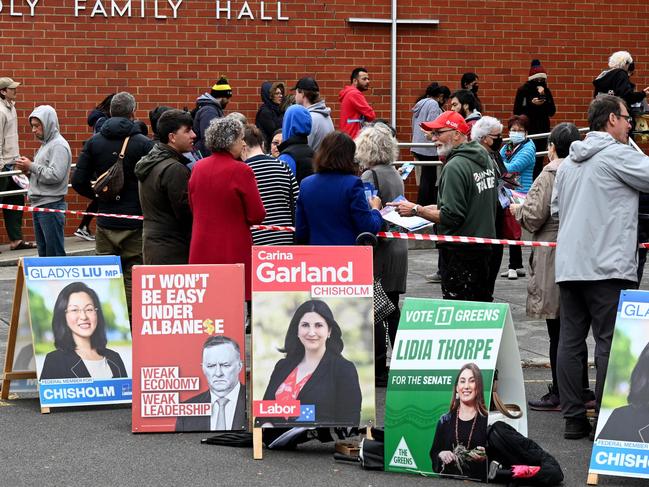
Roy Morgan CEO Michelle Levine said the company had not changed its polling methodology, but they focused on “all of the things that tend to correlate” around how people feel about politics.
“When things like consumer confidence are high, you’ll generally find people are supportive of the govt of the day; if consumer confidence is low they tend to be a bit annoyed with the government of the day,” she said.
But there was a common misconception about what polling actually is, Ms Levine said.
“Even though everyone is asking for a prediction, we’re in the business of measuring things as they are today,” she said. “What we’re doing is we’re asking people if an election were held today, who would you vote for, and they give us an answer.”
Dr White from YouGov offered similar comments.
“We’re not actually making predictions; we’re measuring sentiment at the time we take the poll. It’s not a crystal ball,” he said.
How polling has shaped Australian politics
Opinion polling has shaped Australian politics in a myriad of ways over the past decade, its numbers playing a critical role in the push for same-sex marriage, the composition of cabinet, and even who gets to be prime minister.
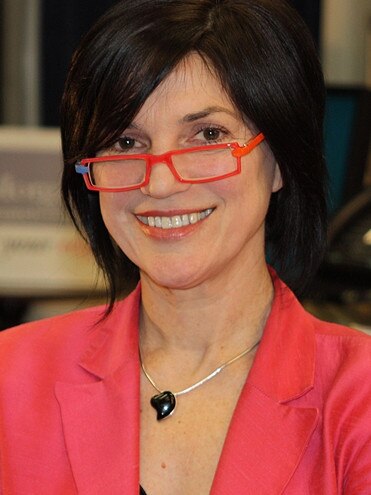
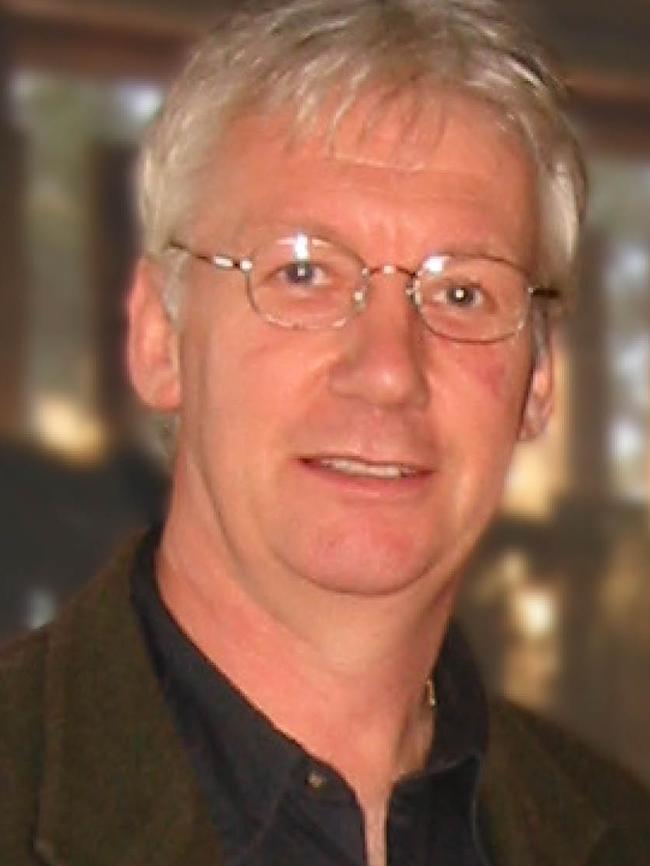
Malcolm Turnbull used low polling numbers as a trigger to challenge Tony Abbott when the latter was Prime Minister, and when Turnbull’s own numbers went south, he too was toppled.
In the lead-up to the 2019 election, when a number of high profile Liberals such as Julie Bishop and Christopher Pyne announced their intention to resign, there was speculation their decisions had been informed by the probable Coalition loss predicted by the polls.
“(Polling) doesn’t stop people from wanting to retire, it doesn’t deter, but if you are umming and ahhing [about retirement] and you think you’re going to win, it probably gets you to say ‘I’ll do another round,’” ANU Politics Professor John Wanna said.
In the most recent parliament, Prof Wanna said polls might have influenced Christian Porter’s eventual decision to bow out of politics.
When the scandal over his secret donations first emerged, Prof Wanna said, Mr Porter had given every indication of wanting to stay – “but then the issue became such a negative for him he eventually decided to pull the plug to give the government a bit of clear air”.
Originally published as Newspoll: Scott Morrison, Anthony Albanese neck-and-neck for better PM




